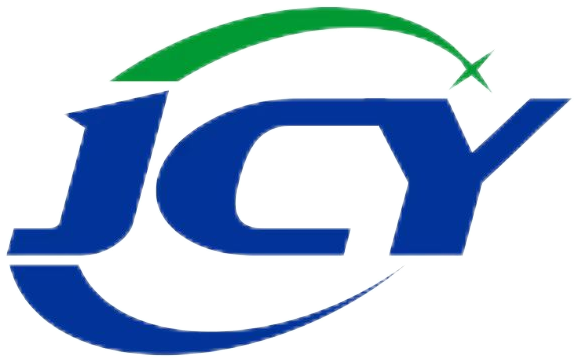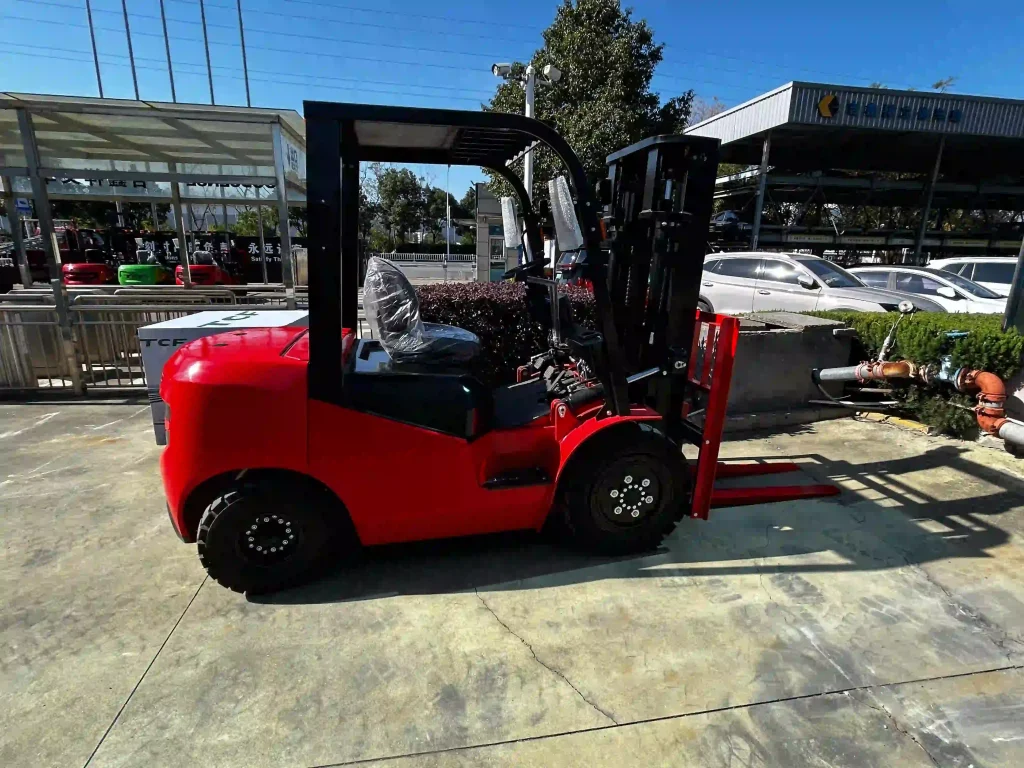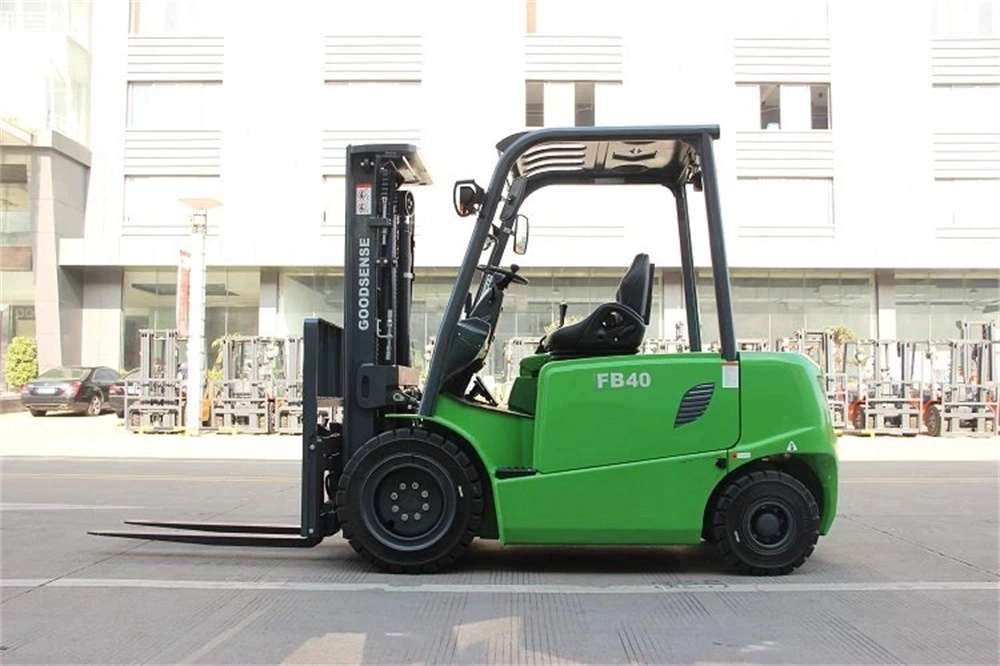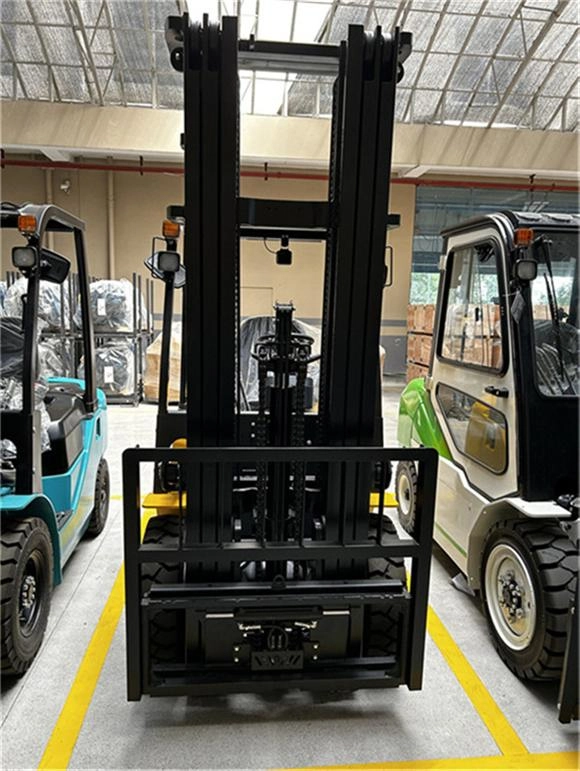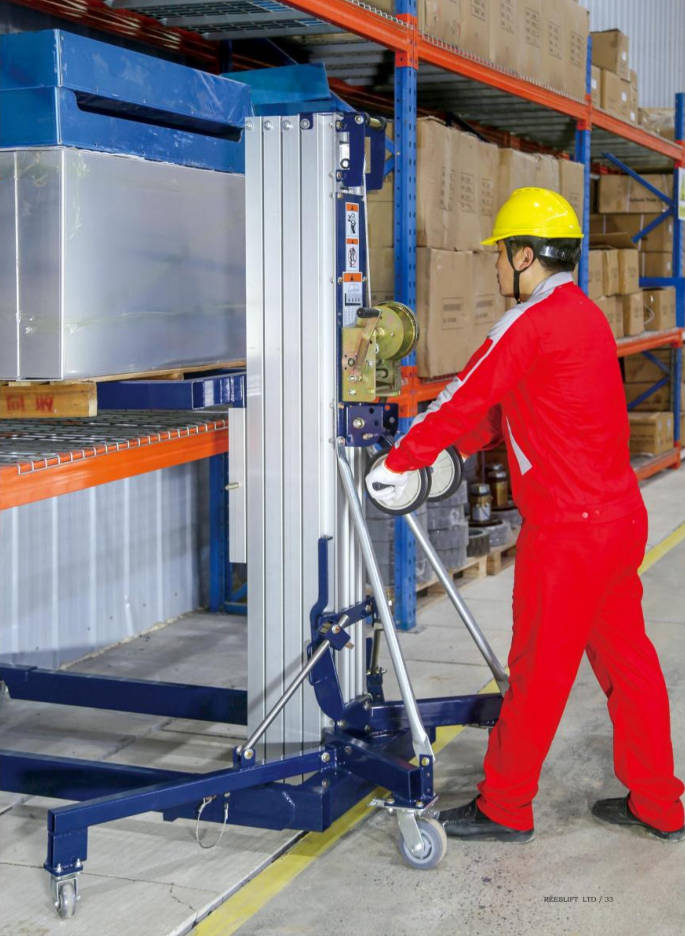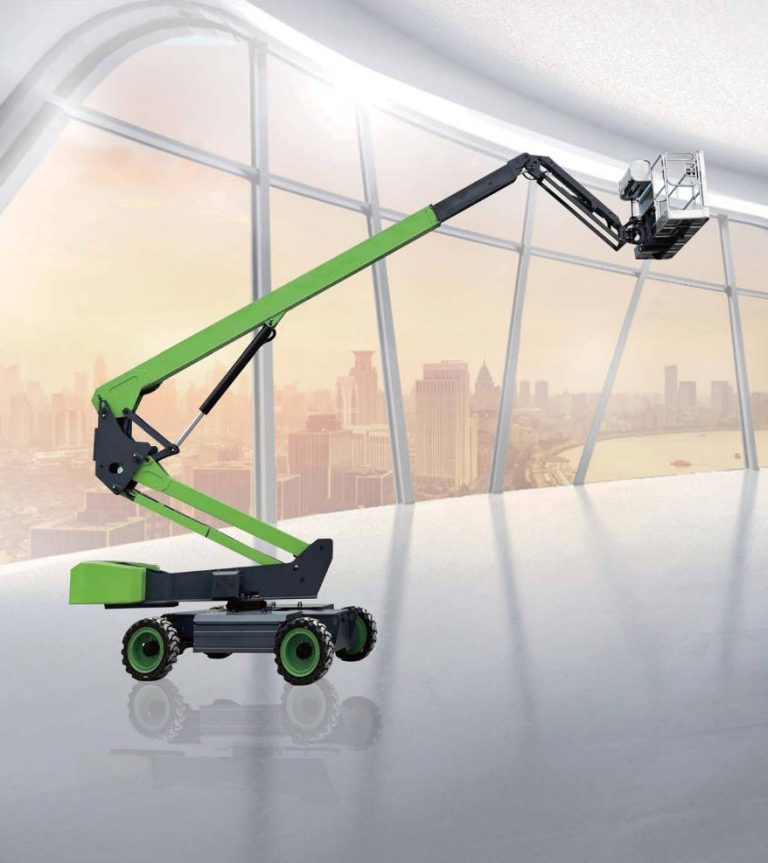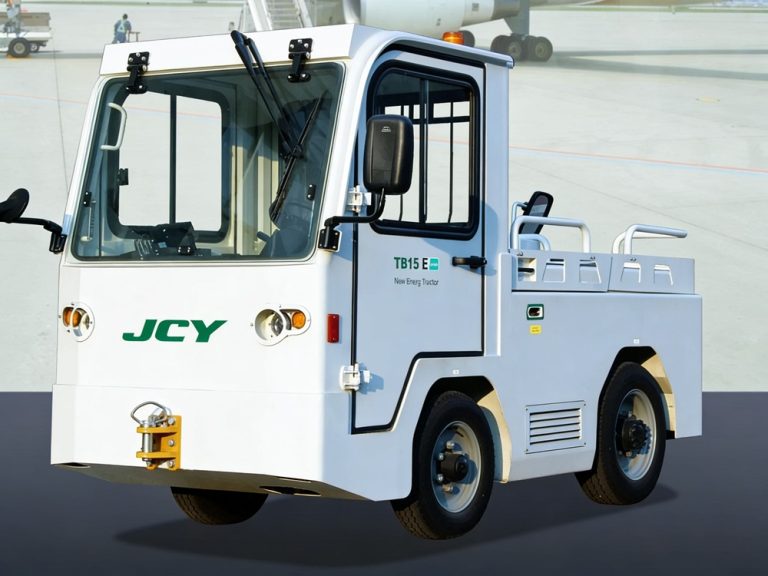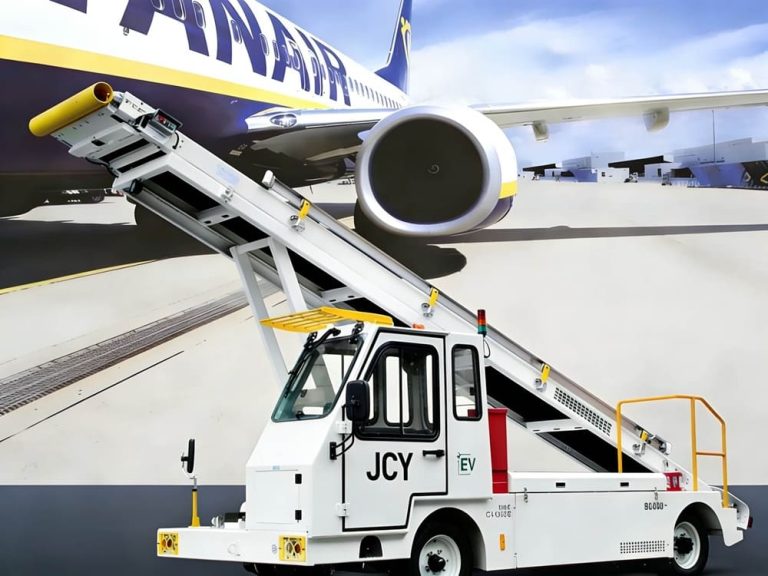Overview of Forklift Types
Introduction to Diesel Forklifts
Diesel forklifts rely on sturdy diesel engines. They suit outdoor tasks and heavy-duty jobs. These machines need power and resilience. You see them at construction sites, lumber yards, and large industries. Their strong output and durability in tough settings make them perfect. Diesel forklifts deliver solid torque. They work well on uneven ground. This fits industries like shipping ports and mining.
Features of LPG Forklifts
LPG (Liquefied Petroleum Gas) forklifts operate on propane. They function indoors and outdoors. They release less pollution than diesel types. This makes them good for indoor spaces. Swapping fuel tanks is quick. This cuts downtime during tasks. LPG forklifts maintain steady strength. They are chosen for jobs needing moderate lifting power.
Characteristics of Electric Forklifts
Electric forklifts use rechargeable batteries. They emit no pollution while running. They are silent and effective. This makes them great for indoor areas like warehouses and shops. They require charging points. Yet, they offer low noise and cheaper upkeep. This is due to no internal combustion engines.
Performance and Efficiency Comparison
Power and Torque Capabilities of Diesel Forklifts
Diesel forklifts shine in strength. They lift loads above 10 tons. Their robust torque ensures steady work on rough or uneven land. This makes them vital for outdoor places like construction zones. They run longer thanks to big fuel tanks.
Operational Efficiency of LPG Forklifts
LPG forklifts give reliable power for mid-level lifting. They are prized for nonstop work. They avoid long refueling or charging pauses. Their adaptability suits both indoor and outdoor areas.
Energy Consumption and Efficiency in Electric Forklifts
Electric forklifts use far less energy than diesel ones. Their battery systems promote efficient energy use. This reduces costs over time. But regular charging may cause delays if not handled well.
Environmental Impact and Emissions
Emission Levels of Diesel Forklifts
Diesel forklifts create more emissions than LPG or electric types. New diesel engines use tools like Diesel Particulate Filters (DPF) or Selective Catalytic Reduction (SCR). These meet standards like EU Stage V or EPA Tier 4 Final.
Environmental Considerations for LPG Forklifts
LPG forklifts release fewer greenhouse gases than diesel. They still add to air pollution. They balance eco-impact and work efficiency. This suits firms aiming for moderate green practices.
Zero-Emission Benefits of Electric Forklifts
Electric forklifts are the greenest choice. They produce no emissions while running. They use electricity, not fossil fuels. This shrinks their carbon footprint. It supports eco-friendly goals.
Cost Factors to Consider
Initial Purchase Costs for Each Type
Diesel forklifts cost more upfront. Their strong engines and tough build cause this. LPG types have mid-range prices. Electric forklifts often have the highest starting cost. This comes from battery technology.
Maintenance Costs Across Diesel, LPG, and Electric Models
Diesel forklifts need frequent engine care. This keeps them running in harsh settings. LPG units need moderate gas system upkeep. Electric types require little maintenance. They have no complex engine parts.
Long-Term Operational Costs
Diesel types face higher fuel costs over time. They save money on heavy tasks needing constant work. Electric forklifts have lower running costs due to cheap electricity. But battery replacements can be pricey after years.
Suitability for Different Work Environments
Diesel Forklifts in Outdoor Applications
Diesel forklifts excel outdoors. Rough terrain demands strong power. They fit construction, shipping ports, and mining well.
LPG Forklifts for Versatile Indoor and Outdoor Use
LPG types work in varied settings. Their lower emissions suit indoor spaces with ventilation. They also handle outdoor tasks with enough strength.
Electric Forklifts in Indoor Workspaces
Electric forklifts are ideal indoors. They are quiet and emission-free. They are used in warehouses, stores, and factories where clean air matters.
Durability and Lifespan Analysis
Longevity of Diesel Engines in Heavy-Duty Operations
Diesel engines are made to endure. They withstand tough settings like extreme weather or dusty areas.
Wear and Tear in LPG Systems
LPG systems see moderate wear over time. They stay dependable with regular care. Checks ensure safe use of gas tanks.
Battery Life and Replacement in Electric Models
Electric forklift batteries last 5–7 years based on use. Replacement costs are high. But daily running costs are lower.
Noise Levels and Operator Comfort
Sound Levels Associated with Diesel Engines
Diesel engines are noisy when running. They don’t suit quiet areas.
Noise Output from LPG Units
LPG units make less noise than diesel. They are still heard during long tasks.
Quiet Operation of Electric Systems
Electric forklifts run quietly. This boosts worker comfort and cuts workplace noise.
Refueling and Charging Processes
Refueling Time for Diesel Models
Filling diesel forklifts is quick compared to charging batteries.
Switching LPG Tanks Efficiently
Changing an empty LPG tank is easy. It takes little time with trained workers.
Charging Requirements for Electric Batteries
Electric batteries need charging stations. Time must be set aside between shifts for full charging.
Safety Considerations
Risks Associated with Diesel Exhausts
Diesel fumes can harm health over time. Good ventilation is a must during use.
Handling Flammable LPG Tanks Safely
Workers must follow strict rules when handling propane tanks for LPG forklifts.
Electrical Safety Measures for Battery-Powered Units
Training reduces risks from electrical faults or wrong charging in electric forklifts.
Summary
| Feature | Diesel Forklift | LPG Forklift | Electric Forklift |
| Power & Torque | High | Moderate | Low |
| Emissions | High | Medium | Zero |
| Operating Costs | Medium | Medium | Low |
| Maintenance | High | Moderate | Low |
| Indoor Use | Limited | Suitable | Excellent |
| Outdoor Use | Excellent | Good | Limited |
For firms needing outdoor strength with heavy loads, diesel forklifts are unmatched. Businesses wanting flexible indoor-outdoor use may pick LPG types. For silent, green indoor work, electric models are the best choice.
Solutions Offered by JinChengYu: Tailored Forklift Options for Every Business
Customised Recommendations Based on Your Industry Needs
JinChengYu provides varied forklift solutions. They suit industries like construction, shipping yards, mining, and heavy operations. Their know-how ensures you get options that fit your unique needs.
Reliable Products Backed by Expert Support Services
JinChengYu offers strong products. Their diesel forklifts handle loads from 1.5 tons to 48 tons. They ensure durability in tough settings. With advanced safety, ergonomic designs, and global emission standards, JinChengYu is a trusted partner. They provide top-notch support tailored to your success.
FAQ
Q: Which forklift type is best suited for outdoor work?
A: Diesel forklifts are best suited due to their high power output and durability on uneven terrains.
Q: Are electric forklifts truly emission-free?
A: Yes, they produce zero tailpipe emissions during operation but consider the environmental impact of electricity generation.
Q: How often do electric forklift batteries need replacement?
A: Typically every 5-7 years depending on usage frequency.
Q: Is it safe to use an LPG forklift indoors?
A: Yes, provided there is adequate ventilation since they emit fewer pollutants than diesel models.
Q: What is the main advantage of using an electric forklift?
A: Its quiet operation combined with zero emissions makes it perfect for indoor applications focusing on sustainability.
